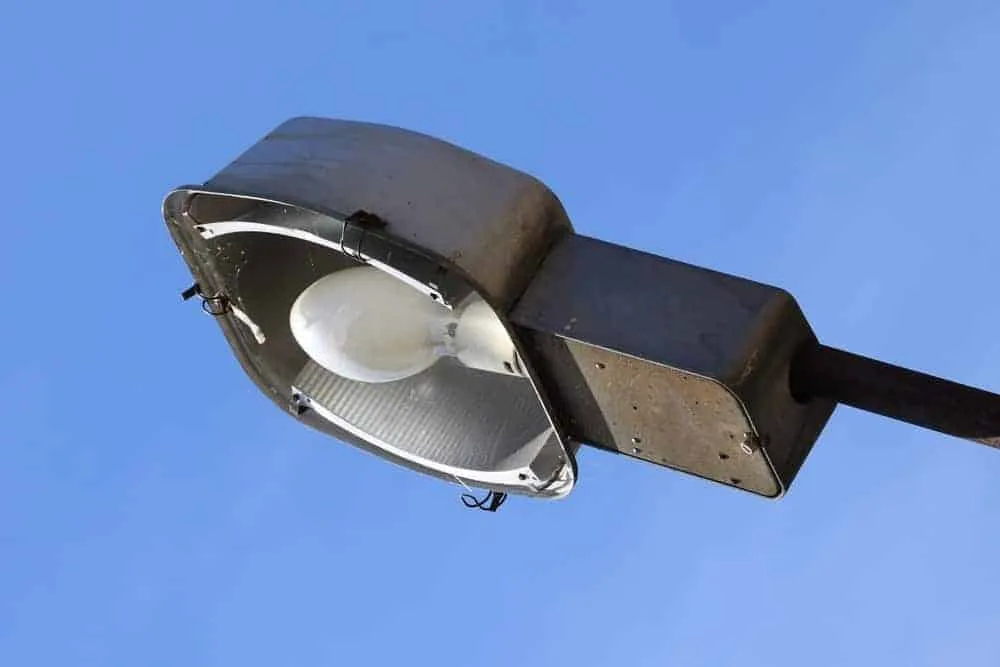Russia’s invasion of Ukraine this 7 days threatens to additional upend international offer chains nevertheless reeling from the protracted COVID-19 pandemic and other disruptions, professionals say.
A increasing listing of firms are halting operations in the area in reaction to the escalating conflict. A.P. Moller-Maersk will refrain from calling any ports in Ukraine “until further more see,” and FedEx and UPS suspended service into and out of the nation.
The assault on Ukraine and Western sanctions on Russia could prompt essential products shortages, material price tag raises, demand volatility, logistics and capability constraints, and cybersecurity breaches, in accordance to Gartner analysts Koray Köse and Sam New.
War is a worst-situation circumstance for provide chains, claimed Per Hong, a spouse in Kearney’s strategic functions apply who spent more than 6 yrs primary the firm’s Russia device, in an interview Thursday.
By sunset in Ukraine, Russian troops were closing in on the funds, Kyiv. Ukrainians had fled towns, and countless numbers of Russians protested the determination to go to war. At minimum 40 Ukrainian soldiers had been killed.
Listed here are some of the day’s main functions. https://t.co/jStp4ohjLF

— The New York Periods (@nytimes) February 24, 2022
A single shopper informed Hong this week he failed to expect his operations to be afflicted by the Russia-Ukraine conflict. Then, Hong claimed, the customer identified that a Tier 2 supplier experienced outsourced its IT and purchaser service methods — to Ukraine.
Even for corporations without a Tier 1 or Tier 2 provider relationship in Russia or Ukraine, the conflict “seriously has the probable to produce some debilitating disruption across industries from strength to agriculture,” Hong claimed.
Companies can check out to navigate the threats by improving their visibility past their speedy suppliers and stocking up on important resources. Oil selling prices, which attained their maximum stages since 2014, are envisioned to continue on to rise, as Russia is the world’s third biggest oil producer and the U.S.’s second-largest international oil supplier.
A armed forces conflict carries a possibility of “disastrous results” for supply chains, the Gartner analysts wrote. Even a stalemate would exacerbate uncertainty in vital industries, like high-tech electronics, semiconductors and unusual earth minerals, they wrote.
“We hope intense shortages of hydrocarbon, important minerals, metals and strength. Selling prices for these products will possible spike, many thanks to each the shortages and behaviors these types of as irrational getting and protectionism,” Köse and New wrote. “This will, in switch, effects manufacturing operations up- and downstream as significantly as raw substance mining.”
Diversifying resources and logistics routes the place achievable, and getting ready risk response strategies for the most fragile supply chains, are vital for affected providers, the Gartner analysts wrote.
“In the extended-phrase, provide chain leaders must raise resilience by balancing investments in dedicated groups, processes and systems that will empower their organizations to carry out close-to-close threat administration,” they wrote.
The conflict could have cascading effects on source chains, this kind of as higher line-haul trucking fees and other transportation costs because of to rising oil prices, explained Oleg Yanchyk, co-founder and CIO of Smooth Systems, a procurement software program company that is effective with shippers and carriers.
The disruption delivers companies an chance to improve their offer chain units so they can superior forecast long term concerns. “The major thing in this article is provide chain resiliency and versatility,” Yanchyk stated.
Some of the results are predictable adequate for organizations to conveniently foresee, stated Douglas Kent, executive vice president of system and alliances at the Affiliation for Source Chain Management, in an interview. Other people are murkier, specially for companies without the need of sufficient visibility.
“That lack of visibility provides forward the unintended outcomes, or what we didn’t know for the reason that we didn’t have the visibility,” Kent reported.
This story was very first published in our Procurement Weekly publication. Indicator up listed here.




